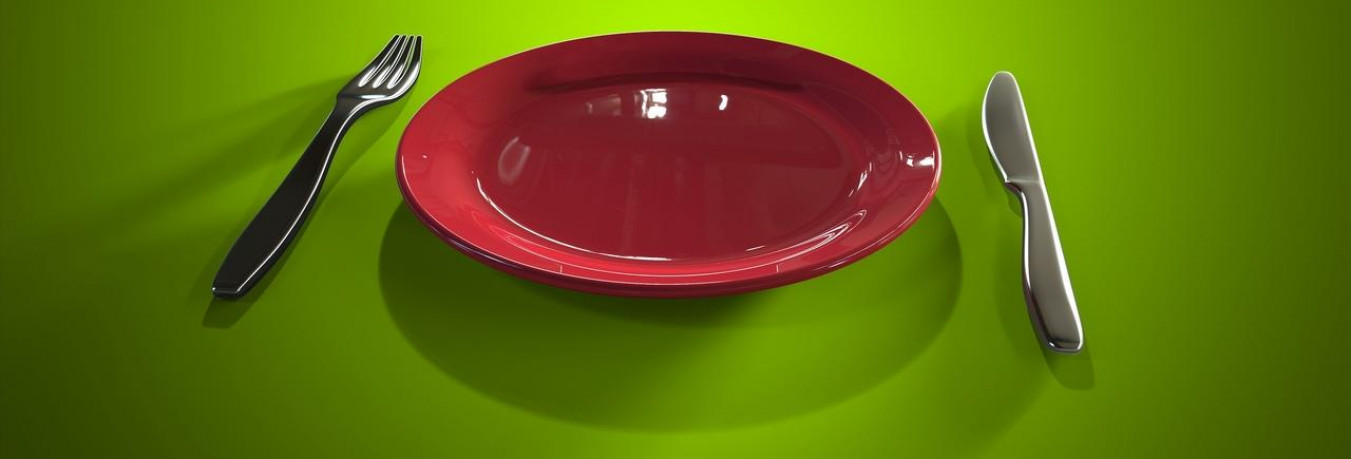
A Beginner’s Guide To Intermittent Fasting
Jun 27, 2018 mindpumpIntermittent fasting (IF) is a pattern of eating where your day is split up into periods of fasting and eating.
The most popular fast/feed method is the 16/8. Sixteen hours in a fasted state, followed by an eight hour “feeding” window. All calories must be eaten in this window, before the fast resumes again.
There’s been some pushback to (IF), because it goes against the old myth of needing to eat six meals a day to stoke your metabolism. If you’re still forcing down six meals a day, check out this blog:
https://www.bairfit.com/single-post/2017/11/30/EVERYTHING-youve-heard-about-fat-loss-is-a-LIE
Intermittent Fasting has been shown to have lots of health benefits.
It induces autophagy. Autophagy is the process of the body destroying unnecessary or unhealthy cells, and replacing them with new, healthier cells. (1)(2)
Autophagy is necessary for maintaining muscle mass. (3) There is also evidence that it plays a role in slowing the deterioration of the body and mind that comes with aging. (8)
It can also boost cognitive function, decrease inflammation, and increase insulin sensitivity, among other benefits. (4)(5)(6)
For more on the benefits of fasting, check out:https://www.muscleforlife.com/the-definitive-guide-to-intermittent-fasting/
But let’s get down to what you really came here for.
Is Intermittent Fasting The Best Method For Fat Loss?
That’s how everyone’s been hyping it up. The magical fat loss elixir.
Does it live up to the hype? Well, yes and no.
Intermittent fasting makes fat loss easier for some, because it makes it easier to eat less calories.
Fat loss boils down to: eat fewer calories than ya burn in a day and you’ll lose fat.
If the window of time you’re eating every day is shortened from sixteen hours to eight hours, odds are you’ll be eating a lot fewer calories in a day, right?
So eating less means easier fat loss.
When dieting, spreading poverty calories over an entire day means each meal will be small. For many, it’s easy to fast until noon, and eat a few large meals. This also provides the opportunity to work in higher calorie foods you may enjoy more.
All these factors make fasting an effective strategy for those who don’t mind skipping a meal.*
*You don’t have to skip breakfast. Start your feeding window whenever you like.
So basically, fasting can be more effective for some, because it’s an easier way to structure your eating.
That being said, calorie deficit being the same, you’ll lose about the same amount of fat following a traditional diet protocol as you would following IF. (6)(7)
So is fasting a must do to enhance your fat loss? No. But for some, it’ll make process a lot easier.
Personally, I used fasting paired with a calorie deficit to lose quite a bit of weight. As time went on, I started to associate not eating with weight loss. So I pushed my fasted periods longer and longer, while eating fewer calories.
That wasn’t healthy. As a result, I lost a large amount of muscle. I also had a terrible relationship with food for a long time.
I recommend you think of fasting as a tool to use (if you choose) for its health benefits. Not a way to lose weight quicker.
Studies:
- https://www.ncbi.nlm.nih.gov/pmc/articles/PMC3106288/
- https://www.ncbi.nlm.nih.gov/pubmed/21106691
- https://www.ncbi.nlm.nih.gov/pubmed/19945408
- https://www.ncbi.nlm.nih.gov/pmc/articles/PMC5608558/
- https://www.ncbi.nlm.nih.gov/pubmed/17374948
- https://www.ncbi.nlm.nih.gov/pubmed/26384657
- https://www.ncbi.nlm.nih.gov/pubmed/27338458
- https://www.ncbi.nlm.nih.gov/pmc/articles/PMC3674854/







